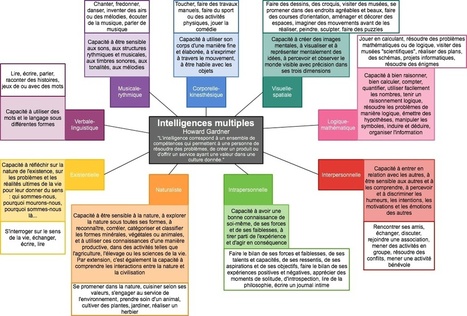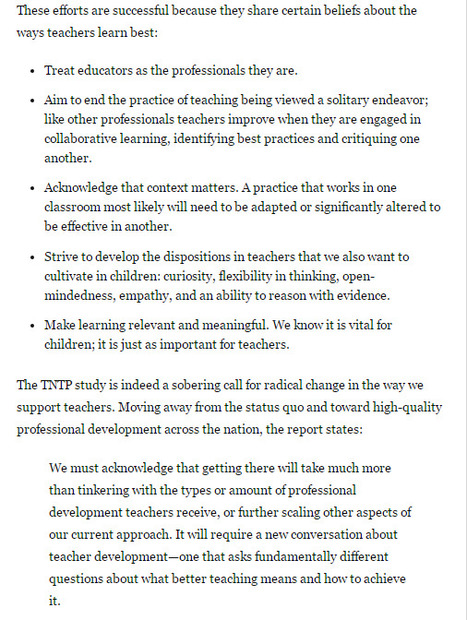Do you think that robots with artificial intelligence could ultimately provide the expertise and multiple intelligences that we need from human experts?
It’s already clear that artificial intelligence can provide information that we used to secure from experts or that we had to look up ourselves. Just think about Siri, Encore, and the power of many other search engines. There is every reason to believe that these systems will continue to get ‘more intelligent’. As I am writing, the best “go” player in the world is struggling to compete successfully with a newly developed computational system.
I think we need to separate three issues. Firstly does the system reach its ‘answers’ in the same way that human beings do? This is the difference between ‘artificial intelligence’ and ‘human simulation. Secondly does the system manifest its intelligence? For many of us, there’s a big difference between typing a question on our pad, as opposed to conversing with a robot or avatar. The more that the robot resembles a human being, the more satisfying it will be to many individuals, although not to me! Thirdly can the computational system provide a recommended course of action that is as solid, or even more solid, than a well-trained professional? In a way that the client finds satisfying? For the foreseeable future (say a decade or two), I think that the answer is no. But I would add that for individuals who cannot afford to consult a professional, or for whom no professional is available, an artificial system will typically be much better than the recommendations of a friend or than common sense – which is all too often common non-sense.
Learn more / En savoir plus / Mehr erfahren:
http://www.scoop.it/t/21st-century-learning-and-teaching/?tag=Howard+GARDNER
http://www.scoop.it/t/21st-century-learning-and-teaching/?tag=Ethics



 Your new post is loading...
Your new post is loading...
















I thought maybe some of you guys would appreciate my article "Emotional Intelligence and Leadership: The Importance of Leading by Emotions". Hope this truly serves you: http://tiny.cc/LeadingwithEQ